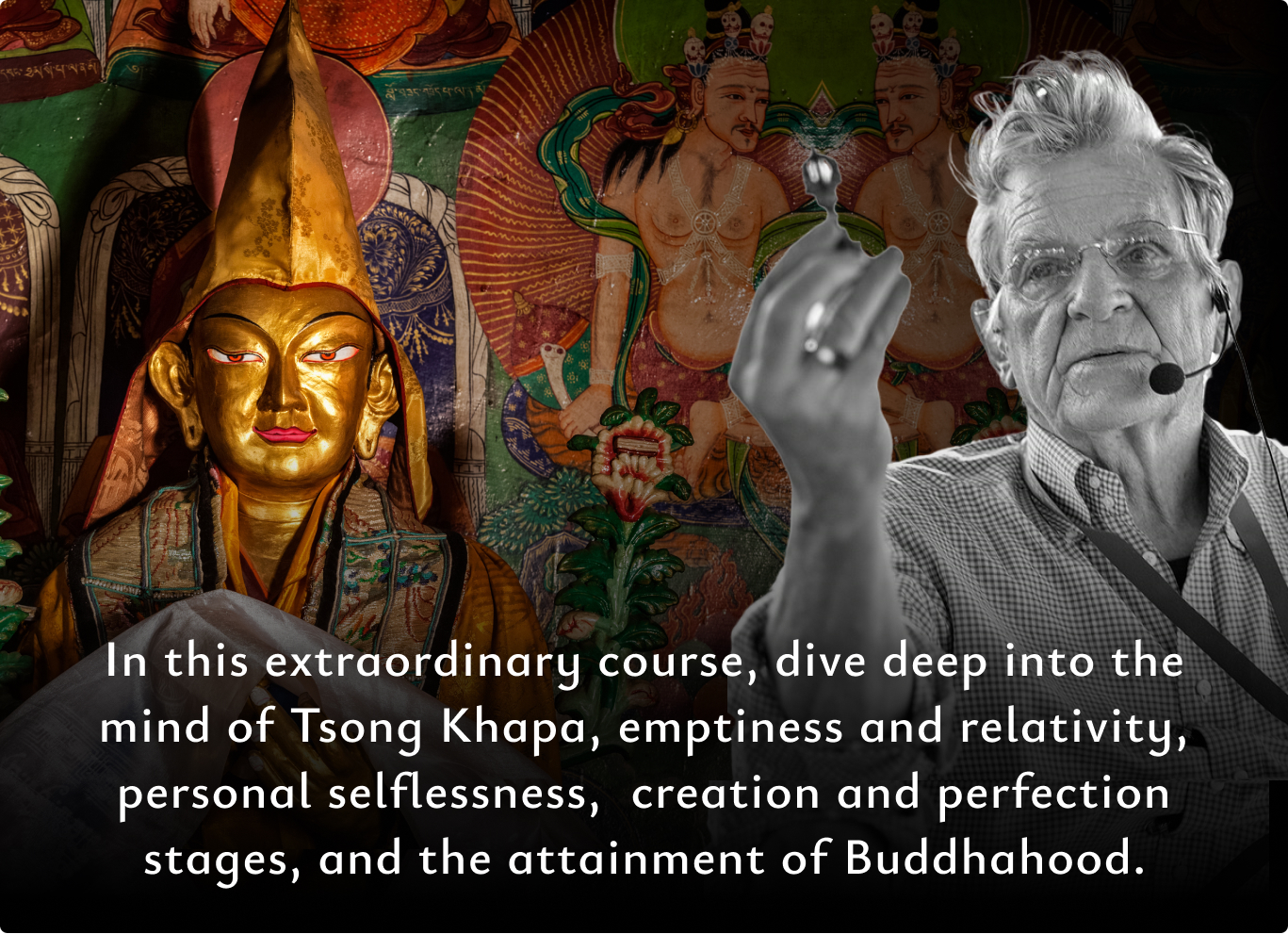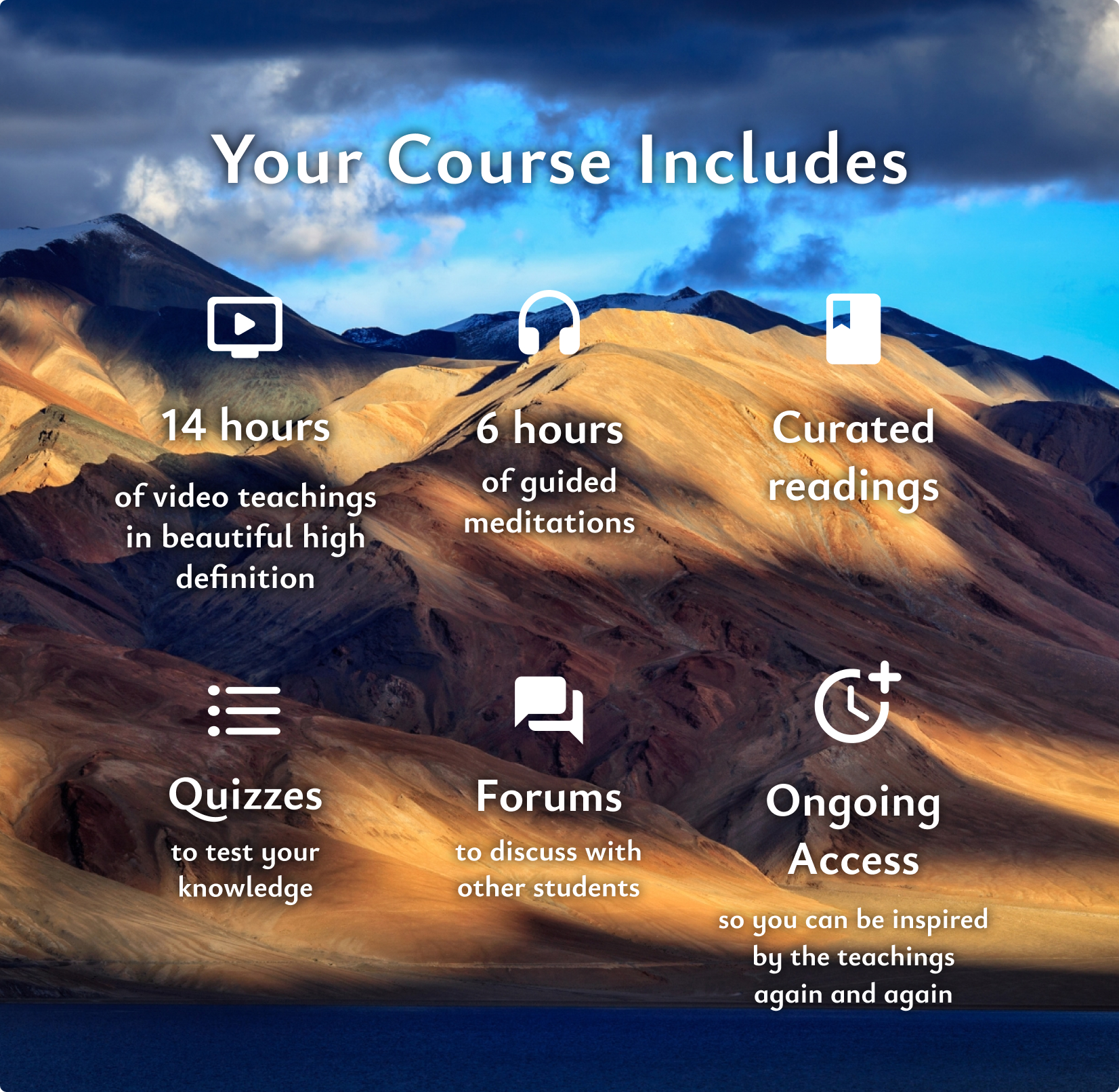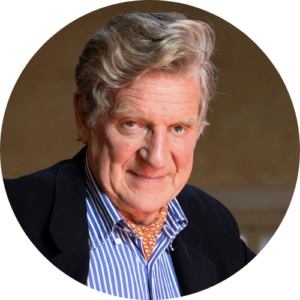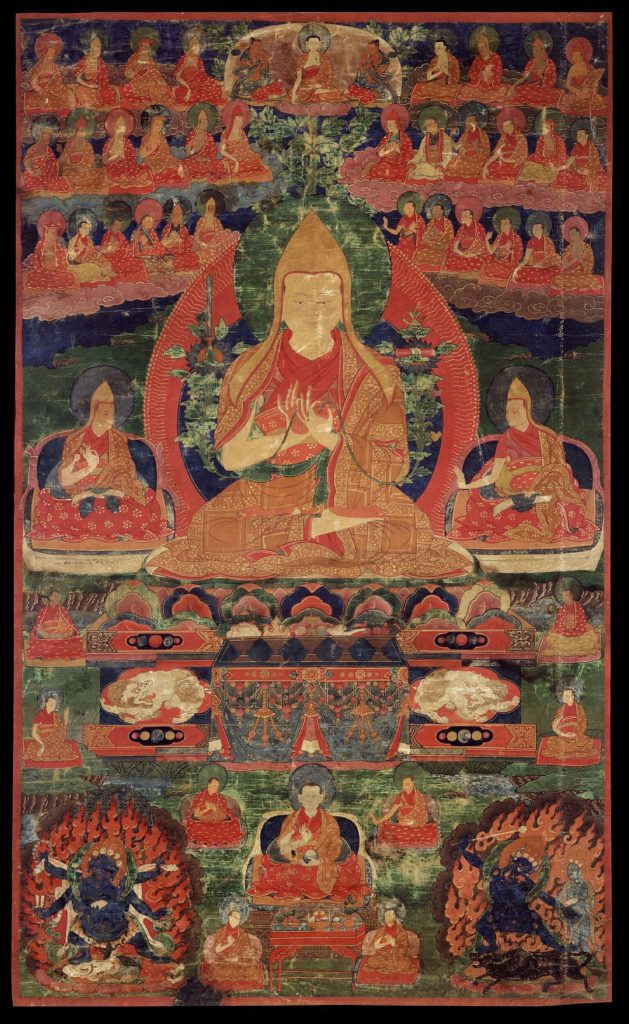
THE WISDOM ACADEMY PRESENTS
Sutra and Tantra: The Profound and Miraculous
An online course with Robert Thurman
This course provides a precious opportunity to hear Professor Robert Thurman explain Tsong Khapa’s essential points for understanding the union of relativity and voidness and the crucial instructions for the creation and perfection stages of Unexcelled Yoga Tantra.
By guiding students through Tsong Khapa’s biography and his masterworks—Essence of Eloquence, Great Stages of Mantra, and Brilliant Illumination of the Lamp—Thurman brings to life and makes accessible the most profound aspects of Tsong Khapa’s teachings.
Enroll now to take the course at your own pace and profoundly deepen your understanding of sutra and tantra.
Tuition: $247 USD
Self-study course: you can take this course at your own pace. Enrolled students get lifetime access so you can return to the teachings again and again!
After enrolling, check your email for a welcome email with instructions on how to take the course. When you enroll in any Wisdom Academy course, you agree to our terms of use. Wisdom is a 501(c)(3) nonprofit. Your tuition supports the creation of more courses like this one. Thank you! For more about our terms, please see the Wisdom Academy FAQ.
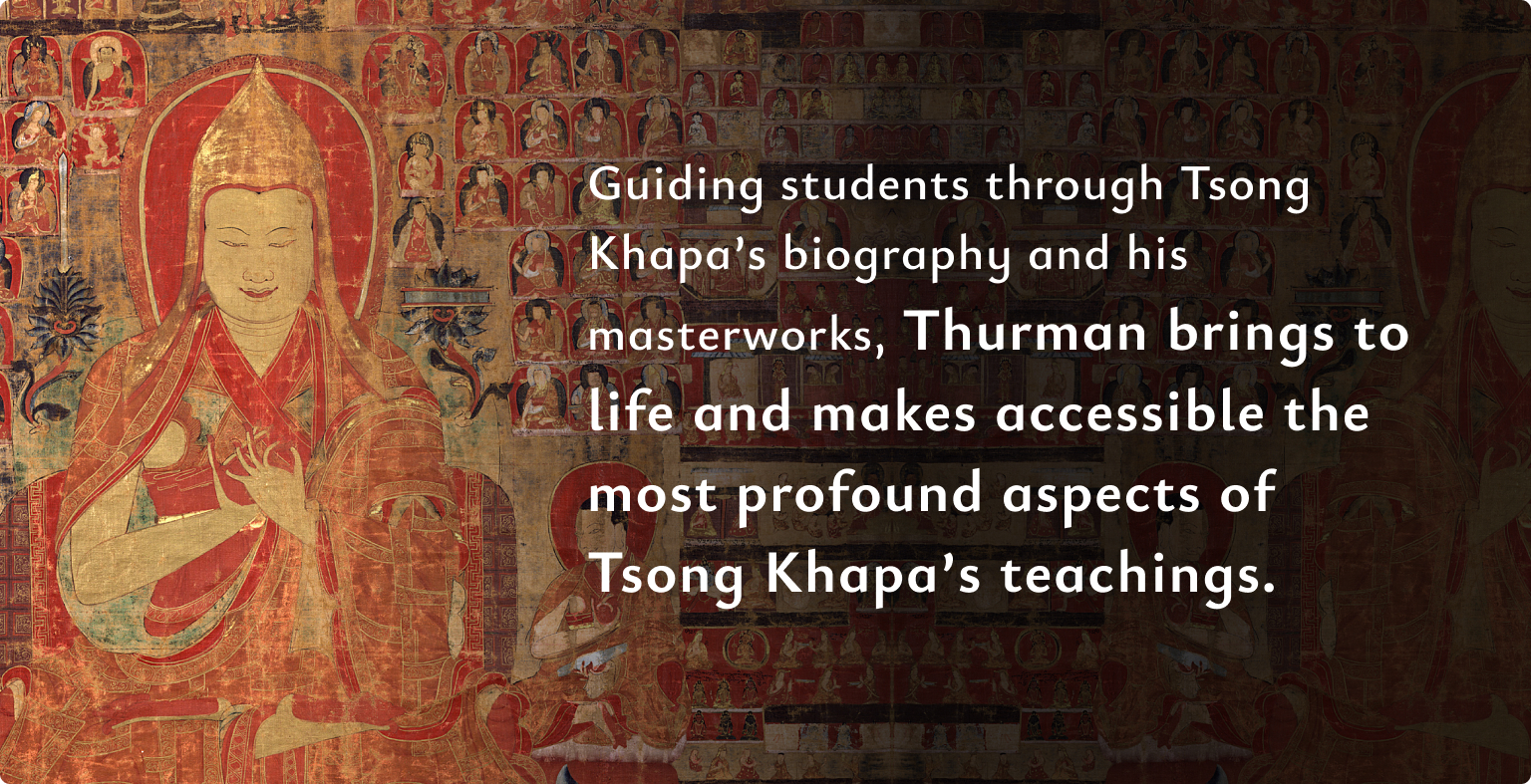
Thurman guides students in a penetrating survey of the exoteric and esoteric techniques and philosophies of Indo-Tibetan Buddhism according to Tsong Khapa’s systematization. Students will learn the inner science behind the tantric and sutric methods employed by countless scholars and adepts of India and Tibet on their paths to enlightenment, as well as how to apply such learning to their own personal practice of the path.
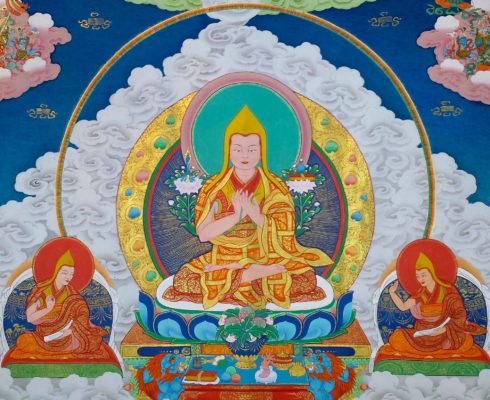
Lesson 1: The Spiritual Life of Tsong Khapa
In this lesson, Robert Thurman shares with us how Tsong Khapa was not just the amazing scholar we know him to be—but also how he restored the Vinaya in fourteenth-century Tibet and founded tantric colleges. We also hear about the four great deeds of Tsong Khapa, his awakening experiences, and his connection with the bodhisattva Manjushri.

Lesson 2: The Union of Relativity and Voidness
Robert Thurman takes us through the poetic verses Tsong Khapa wrote on the morning of his enlightenment. Here we begin to clarify our understanding of emptiness and relativity, and how these two relate to our lived experience and perception of the world around us.

Lesson 3: Thatness, Suchness, and Selflessness
In this lesson, we begin to take a closer look at the Madhyamaka—or Central Philosophy—view of emptiness and relativity, particularly in regard to the self. We learn how this helps us overcome our habits and also go deeper into the four reliances and four keys that help us understand personal selflessness.
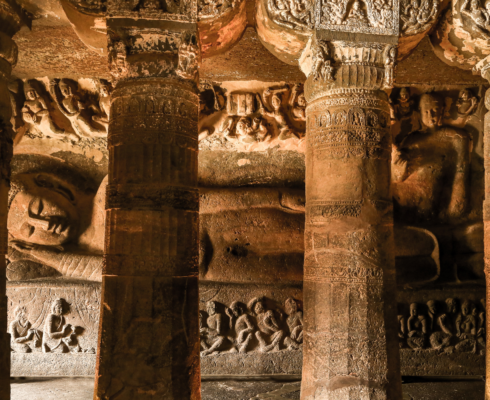
Lesson 4: Tsong Khapa’s Philosophy in Context
Robert Thurman takes us through Tsong Khapa’s philosophy in the context of the many great philosophers who came before him—such as Nāgārjuna, Chandrakīrti, Bhāviveka, and Dignāga. In this way, we begin to distinguish some of the subtle distinctions between the various philosophical schools.
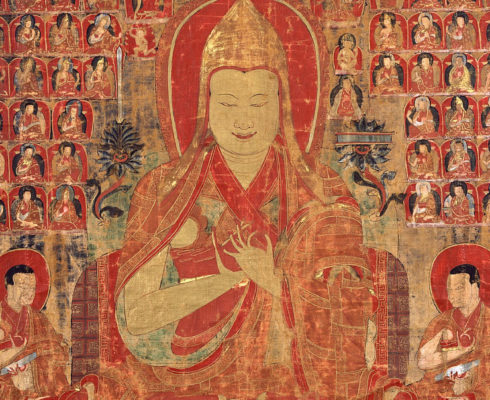
Lesson 5: Tsong Khapa, Wittgenstein, and Coping with Reality
In this final lesson addressing the sutric teachings of Tsong Khapa, we learn how his understanding helps us see the nonduality of the relative and absolute. We learn more about the absurd consequences of believing in our own intrinsic identity as well as how emptiness helps us overcome our own self-centeredness and better cope with reality around us.
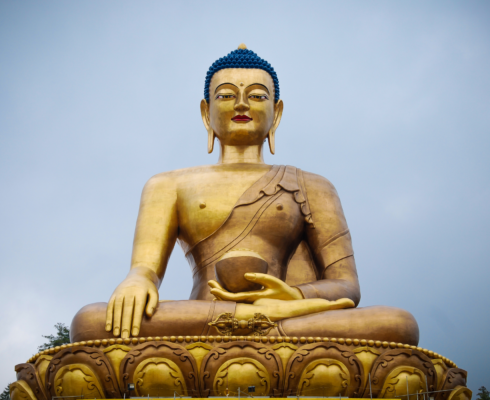
Lesson 6: The Accelerated Path of Tantra
Robert Thurman begins to explore the tantric teachings and helps us understand why tantra is considered an accelerated path to buddhahood. We learn about how the buddhas Shakyamuni and Vajradhara are related, explore the three types of course, subtle, and supersubtle planes, and learn about the eight levels of dissolution that take place in the bardo.
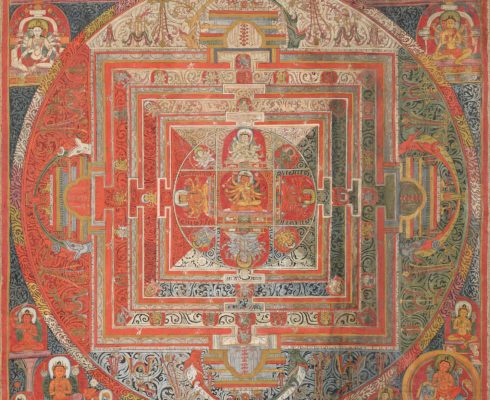
Lesson 7: Entering the Creation Stage
In this lesson, we go into tantra in more detail—learning about the creation stage through the Unexcelled Yoga Tantra, specifically the Guhyasamaja Tantra. Prof. Thurman walks us through the mandala and shares the deeply transformative potential of this visualization practice, highlighting the practice of body isolation.
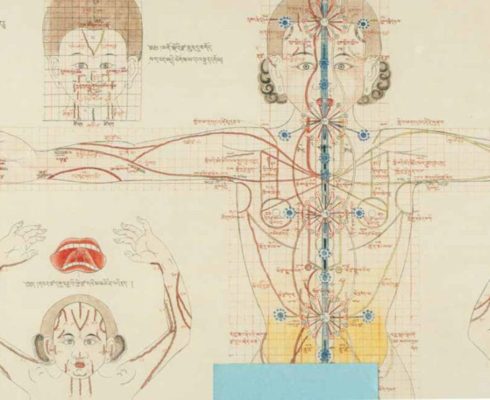
Lesson 8: Tantra and the Subtle Body
Prof. Thurman takes us deeply into the practice of tantra, giving us an overview of a visualized sadhana practice—a meditative performance script. We learn about how tantra relates to the bodhisattva vow, how practice leads to attaining siddhis, and finally how speech isolation, the second step of the perfection stage that involves mantra recitation, helps us develop command over the wind-energies in our subtle body.

Lesson 9: Mind Isolation in the Perfection Stage
In this lesson, we learn about the perfection stage practice of mind isolation, which helps us to uncover the reality of our mind as pure clear light. In addition to sharing with us how this directly applies to our daily life, Prof. Thurman also teaches us about the three luminances (luminance, luminance-radiance, and luminance-imminence) and how these relate to the eighty instinctual natures.
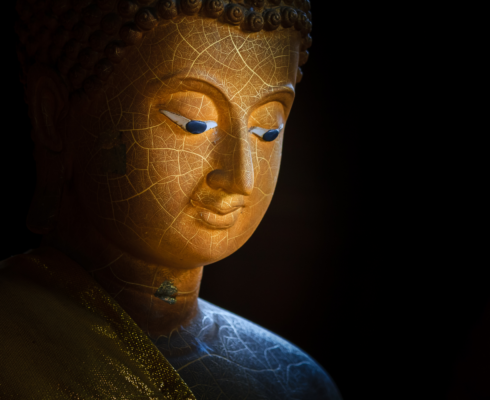
Lesson 10: Magic Body, Clear Light, and Complete Buddhahood
In this extended lesson, Prof. Thurman takes us further along the perfection stage to mind isolation. We also learn more about the initiation process, how the magic body emerges from clear light, and how a yogi attains complete buddhahood.
Meet Your Teacher
ROBERT THURMAN
Robert Thurman is an American Buddhist author and academic who has written, edited, and translated several books on Tibetan Buddhism. He was the Je Tsongkhapa Professor of Indo-Tibetan Buddhist Studies at Columbia University, before retiring in June 2019. He held the first endowed chair in Buddhist Studies in the West. After education at Philips Exeter and Harvard, he studied Tibet and Tibetan Buddhism for almost thirty years as a personal student of His Holiness the Dalai Lama. He has written both scholarly and popular books, and has lectured widely all over the world. As President of the American Institute for Buddhist Studies, he convened the First Inner Science Conference with His Holiness the Dalai Lama at Amherst College in 1984. He is also a founding trustee of Tibet House New York.
Art Credits
• Lesson 5: Reclining Buddha: © nodostudio via Canva.com.
• Lesson 6: Gold Shakyamuni Buddha: © Matthew Farrow via Canva.com.
• Lesson 7: Guhyasamaja Mandala: Manjuvajramandala with 43 deities, from Tibet. Tempera on cotton. Measures 71 by 85 centimetres (28 in × 33 in). Held at the Museo d’Arte Orientale.
• Lesson 8: Subtle body illustration: Illustrations from Tibetan medical paintings Abrams, New York. From Lion’s Roar.
• Lesson 9: Sunrise image: © Rohit Gangwar via Canva.com.
• Lesson 10: Buddha face: © WaSuWat via Canva.com.
• Tsongkhapa painting: Source.

